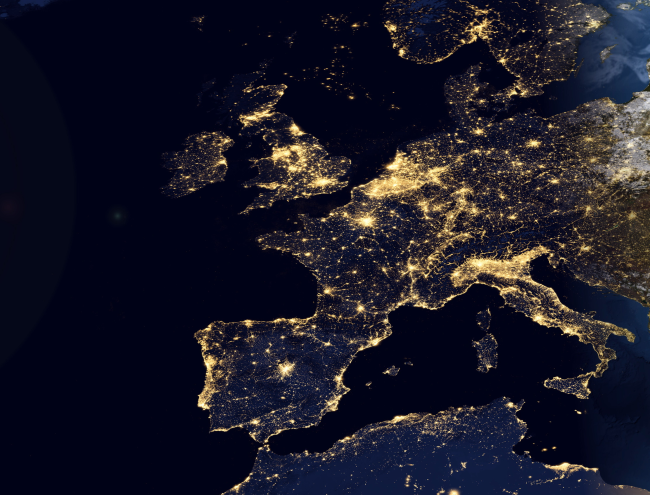Russia reiventing the Wheel/Governance is not always better governance

Sir, Russia"s President Dimitry Medvedev has recently proposed a new global charter on international energy co-operation. This comes on the heels of the most recent Russian/Ukrainian gas dispute that left Europe with significantly reduced supplies of gas in the first days of January this year. This was by far the worst disruption of Russian gas supplies ever to Europe, and it has reinforced European concern that it is overly dependant on Russian gas and insufficiently prepared for prolonged gas supply disruptions whatever their origins. Reactions to the disruption were sharp and Russia"s long-standing reputation as a reliable supplier of natural gas was deeply sullied. It is impossible to sort through the gas market/commercial/political origins of this conflict from simmering geopolitics related to Ukraine"s flirtations with NATO or missile defense systems in Russia"s backyard to internecine warfare among Ukraine"s political “leadership”. Intermingled throughout were those who extract rents from the opaque trading relationships between the declared and undeclared gas market players. President Medvedev has taken the trouble to come up with yet another set of principles Russia would like to see apply in global or at least Eurasian energy markets - but as he makes clear himself, he needn"t have bothered. Even if the Charter has not lived up to Russia"s expectations, its principles remain sound. Furthermore, the G8 spent considerable time regrouping most of the Charter"s principles, along with materials from the collapsed MAI negotiations (1998) at the OECD to develop the St Petersburg Global Energy Security Principles released by the G8 at the Russian-hosted Summit in July 2006. At last year"s G8 Summit in Hokkaido, each of the G8 countries self-assessed their compliance with the St Petersburg Principles. The results of that self appraisal were not made public. Why not just return to those principles so carefully negotiated, rather than undertake yet another process that can only delay practical implementation. Conduct another more systematic and public appraisal of G8 countries" adherence to these agreed principles and allow actual national policies and practices to be evaluated in the court of public opinion. Of course the court of public opinion will take an interest in Russia"s own policies and practices as a transit state for Central Asian oil & gas.

Available in:
Regions and themes
Share
Related centers and programs
Discover our other research centers and programsFind out more
Discover all our analysesBrazil One Year Away from the October 2026 General Elections
Brazil’s general elections will be held on October 4, 2026, to elect the president, vice-president, members of the National Congress, governors, deputy governors and state legislative assemblies. For the presidential and gubernatorial elections, a second round will be held on October 25 if no candidate obtains a majority of the votes in the first round.
COP30: An Inflection Point for Climate Action and Governance
The 30th Conference of the Parties (COP30), opening in Belém, Brazil, on November 10th 2025, convenes at a perilous moment.
The Strategic Dimension of Skills in the Clean Industrial Deal
In the competitiveness and energy transition battles, the European Union (EU) must master a determinant factor: skills.
The Energy Transition Faces Geopolitical Challenges. How Can Ideological Divides Be Overcome?
President Trump’s positions and policies, combined with record coal consumption and booming global electricity demand, geo-economic confrontation, and widespread concerns about energy security, are changing the game when it comes to understanding realistic decarbonization trajectories. The war in Europe is intensifying competition between defense and transition budgets. This is also the case elsewhere in the world.











